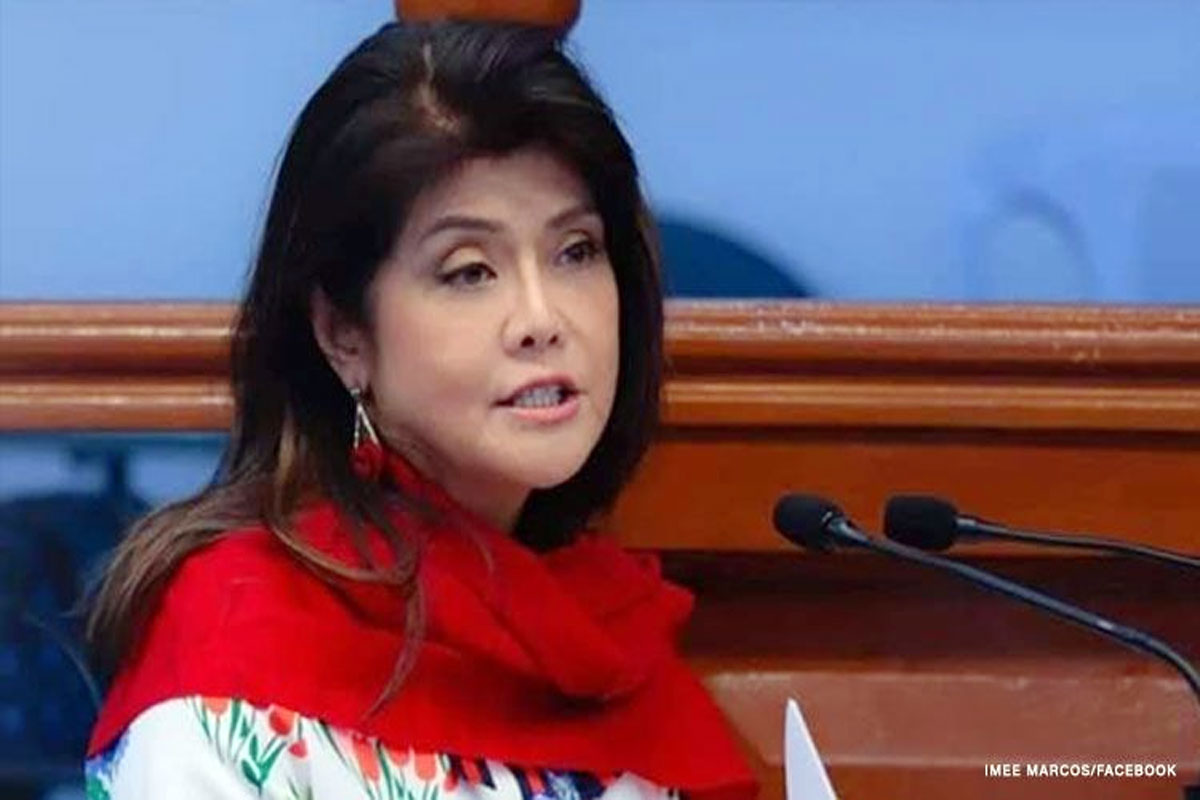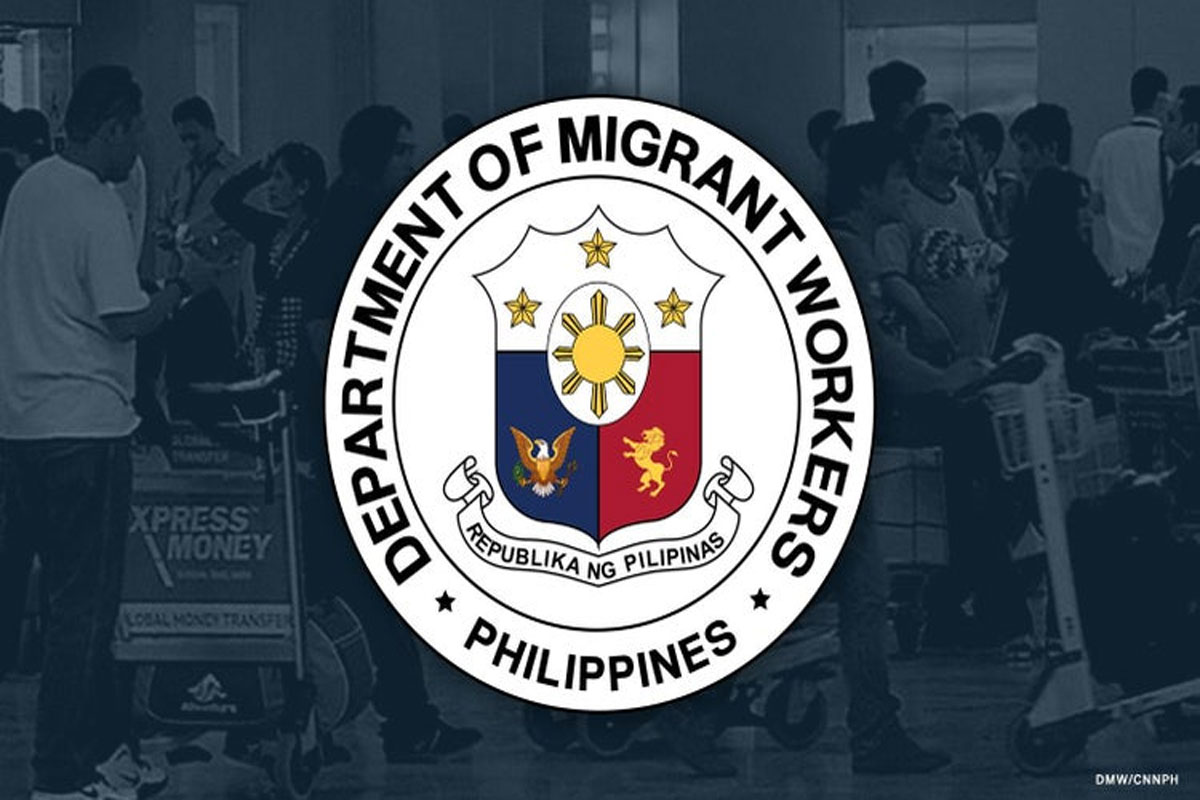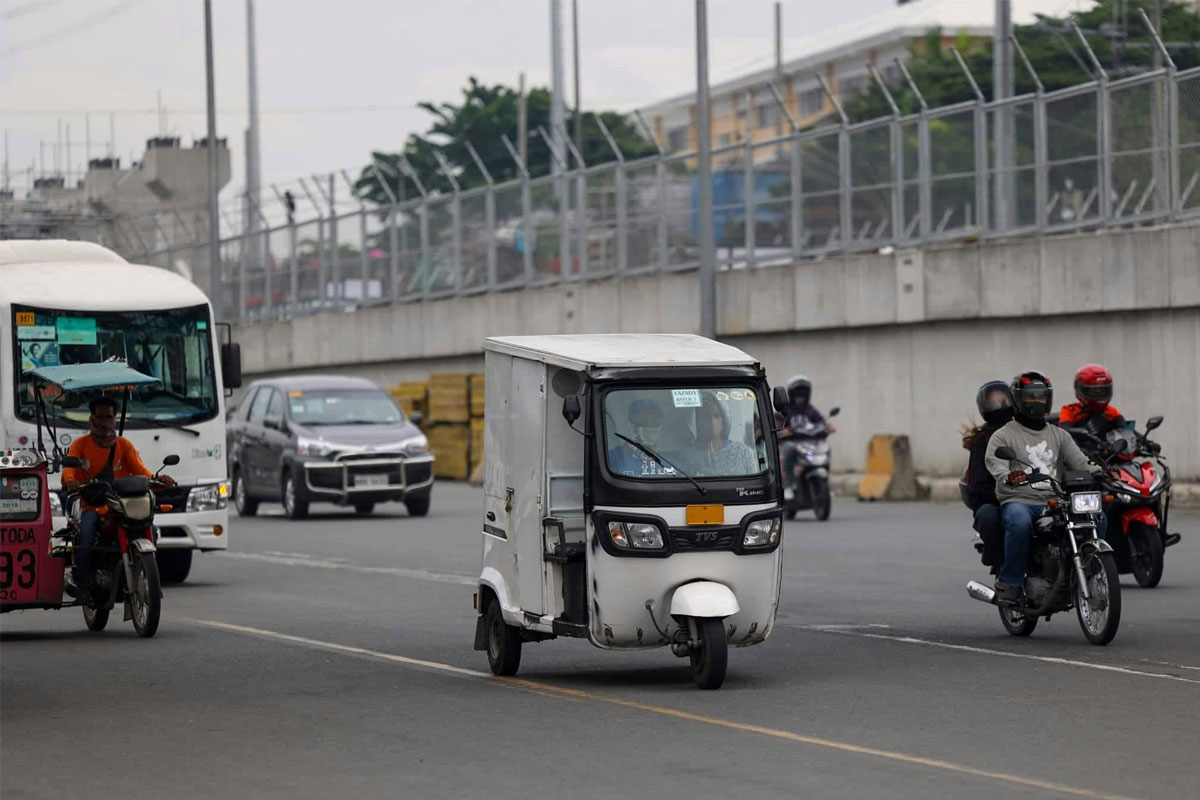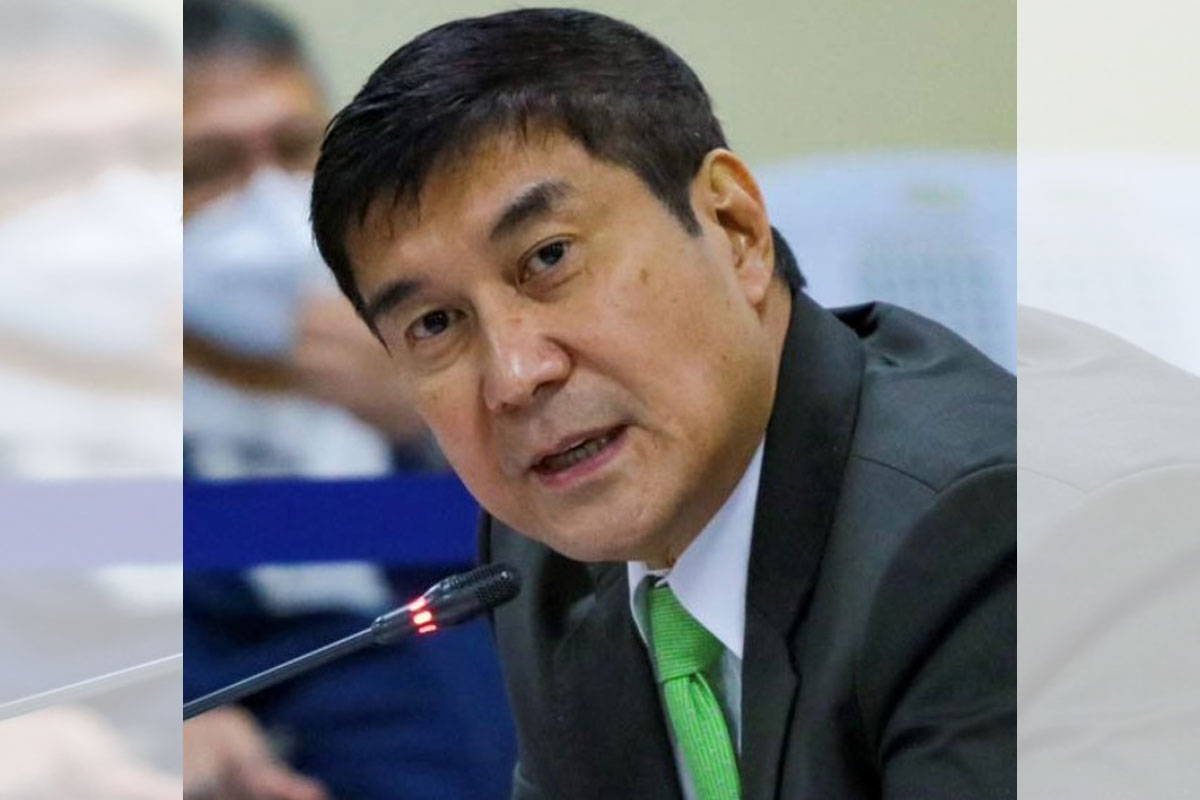
Imee urges DOF to review govt’s WFH policy
SENATOR Imee Marcos has urged the Department of Finance (DOF) to iron out inconsistencies between its back-to-office order and the government’s approval of work-from-home (WFH) programs before the Covid-19 pandemic began.
Marcos, who chairs the Senate Committee on Economic Affairs, said the lack of a consistent and comprehensive policy on work-from-home arrangements discouraged the entry of more foreign investors and would make it harder for the next administration to keep investment growth on track.
“Companies in export zones are now afraid of losing their tax incentives if they don’t resume all operations on-site. But their work-from-home programs were approved as early as 2017, which the Telecommuting Act of 2018 also supports,” Marcos explained.
The Philippine Economic Zone Authority (PEZA) approved the pre-pandemic WFH programs of companies that mainly belonged to the Information Technology and Business Process Management (IT-BPM) sector: Accenture, ANZ Global Services and Operations, Deltek Systems, HSBC Electronic Data Processing, Optimum Global Solutions, and PSG Global Solutions.
Despite two years of the pandemic and under work-from-home conditions, the IT-BPM sector grew its workforce by 8.9% to 10% and its revenue by about 9.5% to 14.5%, according to PEZA data.
But the Fiscal Incentives Review Board (FIRB), headed by the DOF, ordered a return to full office operations at the end of March to aid the recovery of businesses that depend on IT-BPM workers for their livelihood.
Marcos asserts that micro, small and medium enterprises (MSMEs) like community groceries, restaurants, and delivery services would also thrive where employees worked from home.
While fear of a pandemic resurgence remains, Marcos supports PEZA’s call to extend WFH programs until the end of the government’s state of calamity declaration in September.
She added that working from home helps employees save on fuel and commuting costs, besides minimizing traffic and public transport congestion.
Wi-Fi connection problems would also ease with the broader Internet bandwidth distribution away from business centers, which Marcos said even the FIRB recognizes. By Marlon Purificacion
















